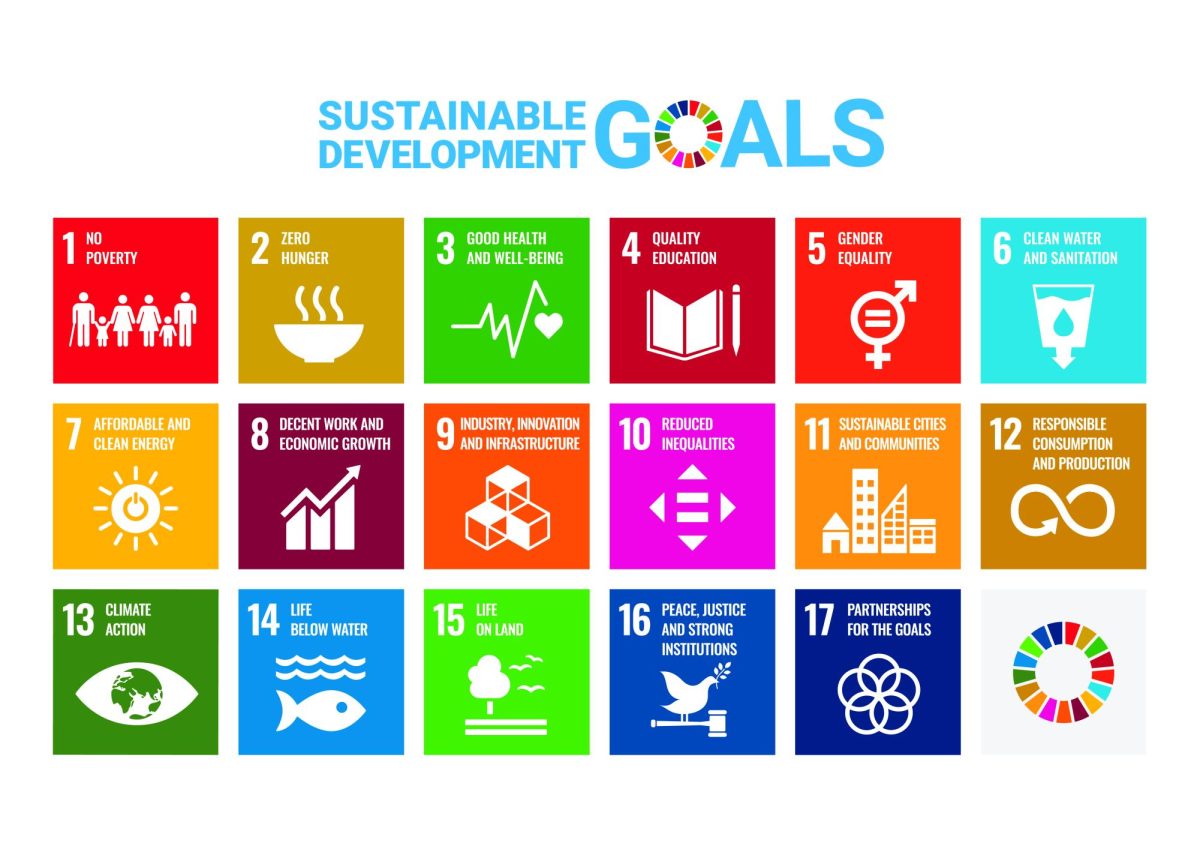Christopher Newport University has always made an effort in the area of sustainability. The 23 sustainable development goals approved by the United Nations, which include ideas like “Good Health and Well-Being” and “Responsible Consumption and Production,” and adopted by all 193 heads of state in 2015 were also adopted by the university. These goals have been described by former UN Secretary-General Ban Ki-Moon as, “Our shared vision of humanity and a social contract between the world’s leaders and the people.”
The university boasts service opportunities, courses that integrate sustainability principles across many disciplines, and campus initiatives supported by the student body and the campus itself such as Green2Go. CNU has enjoyed the Center for Sustainability in Education works to provide students with the opportunities to develop their ideas into resources and services on-campus.
Despite these efforts, CNU has sometimes lacked the resources to pursue certain ideas proposed by students that can further improve sustainability on campus. It’s also true to an extent that CNU had, under previous administrations, lacked a coherent vision in the area of sustainability, with the previously mentioned Center for Sustainability founded as recently as 2020. This had, in practice, usually left any initiative in this area in the hands of the students themselves.
On January 8th, CNU President William Kelly briefly wished all Captains a happy new year, before proceeding to announce the potentially largest sustainability initiative in campus history called Going Greener ‘24. Going Greener ‘24 is described by the president as “a year of initiatives, programs, research, long-term planning, and more. We will highlight what we already do to counter climate change and take new, measurable steps to reduce waste and recycle more effectively, conserve energy, monitor water usage, and move our campus toward being a model of sustainability.”
Kelly further speculated that this initiative will contain actions that could be as complex as a full transition to renewable energy across campus or “as simple as standardizing signage for recycling bins,” but stay true to the goal of reducing Christopher Newport University’s negative impact on the environment.
President Kelly went on to invite students to contribute their insight and passion, providing a link to a website that is wholly dedicated to the work of the initiative. On this web page, connected to the CNU official website, an abridged version of President Kelly’s statement can be found. Below this are listed several “areas of focus”: Energy Sourcing and Usage; Recycling, Composting, Groundskeeping, Water, and Waste Management; Education, Research, Campus Culture; and Outreach, Communication, Alumni Involvement, and Fundraising. These might be rather broad, but they’re far from all-encompassing and can provide some indication as to what the campus is prepared to do under this focused effort.
Kelly ends his communication with his reasoning for the move, stating, “As a cornerstone of a region that includes rivers, bays, and an ocean, we will demonstrate that we are a good neighbor, eager to protect our beautiful corner of the world. We may also save University funds through reduced energy use and materials consumption now and for years to come… We care for each other. We want each of us and our loved ones and our children’s children to enjoy long and healthy lives. It’s the right thing to do and as we know, Captains do the right thing.”



